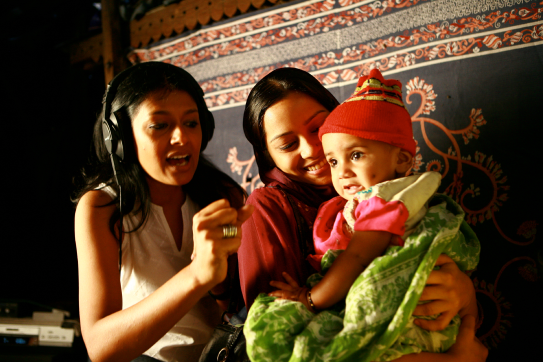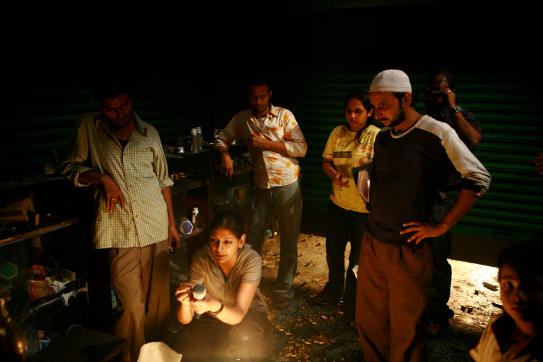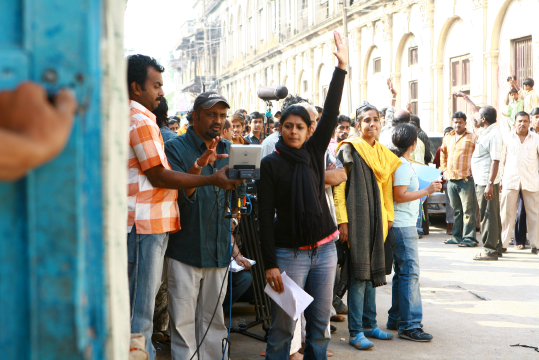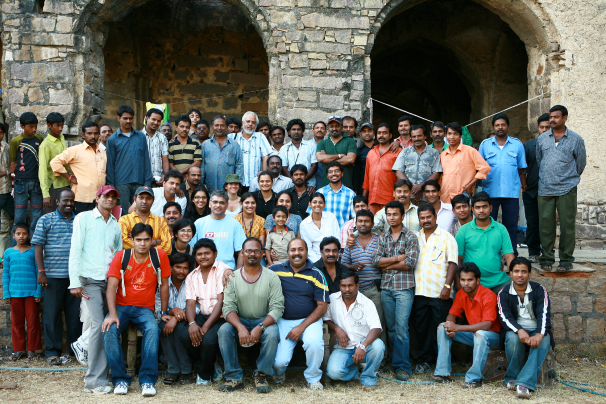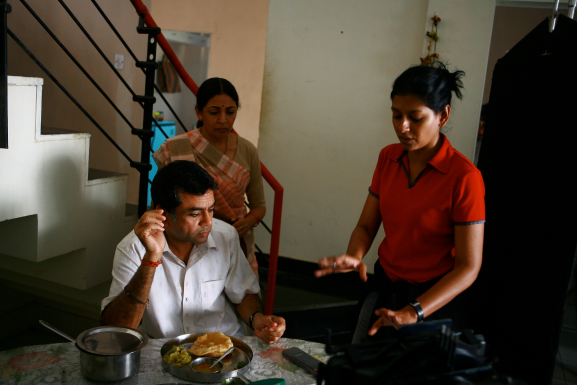Some home truths
- July 1, 2014
I remember, when my son was tiny, writing about my fears of having to answer questions regarding the many paradoxes he would witness. For instance, I wondered what I would say to him when he would ask me, “Mama, why doesn’t didi (the nanny) sleep on a bed like ours, or eat with us at the table?” But today, I am even sadder as he has asked me no such question. He is almost four now and his curious little mind is full of many whys. But the tragedy is that even a small child has accepted the class divide. This normalisation of disparity that he is growing up with, is what I should have feared more.
A few days ago, I was invited to be a special guest for the International Domestic Workers Day. At the time, I was in the midst of my domestic staff crisis, which is not a rarity. To add to my woes, many blamed me for it, as I was told that I am “too friendly with my staff, which is why they take advantage of me”. So in accepting the invitation, I was conflicted between my roles as an employer, an advocate of human rights and a woman (who is very aware that she works today because other women take care of her house and child).
I entered the Talkatora stadium, where about 1,000 domestic workers from different parts of Delhi had come together to demand an amendment to existing labour laws and a separate law to address their specific occupation. In 2011, the International Labour Organisation established a convention of Decent Work for Domestic Workers and since then, June 16 is dedicated to commemorate the day. I learnt what makes it hard to protect these workers is the ambiguity in defining the ‘workman’, ‘employer’ or ‘establishment’. Unlike other forms of labour, the acceptance of household as a place of work itself is a challenge.
So here I was sitting among women of varied ages and regions, many in their finery, celebrating their day. They left both their and their employers’ work to come together to demand a better life. Most were from vulnerable communities and backward areas and didn’t understand the ways of the urban labour market. I sat there as a member of the community that is guilty of under-valuing and underpaying them. Lack of decent wages, unethical working conditions, ill-defined work time, abuse and sexual harassment at the hands of traffickers/ placement agencies and even employers, were not new information. But seeing them collectively and hearing their individual stories was an altogether different experience.
It just made it more concrete and enormous to know that there were approximately 50 million domestic workers in India, of whom a substantial number are women, and mostly from the dalit, backward and tribal communities. I was shocked to know that about 40 per cent of these are below the age of 14. Educated, affluent people who employ these adolescent girls surely know that child labour is not only illegal, but inhuman. Have we become so numb that that we cease to see them as children? Isn’t the whole issue of domestic work a form of modern-day slavery that we have cleverly justified?
Having said that, I have to admit that today I am able to juggle between my many responsibilities and passions, simply because I have help. While the fundamental social inequity of the situation will not change anytime soon, perhaps the least we can do is to be better employers. In doing so, we will not be doing them a favour, but fulfilling our responsibilities as those on the top of the pyramid. And those of us who are parents will be better role models for our children. I have seen my father enough number of times cleaning and cooking with our help to keep me in check. My own discomfort with power structure also keeps me reflective. And writing this piece is a good a reminder that I could surely do better.

